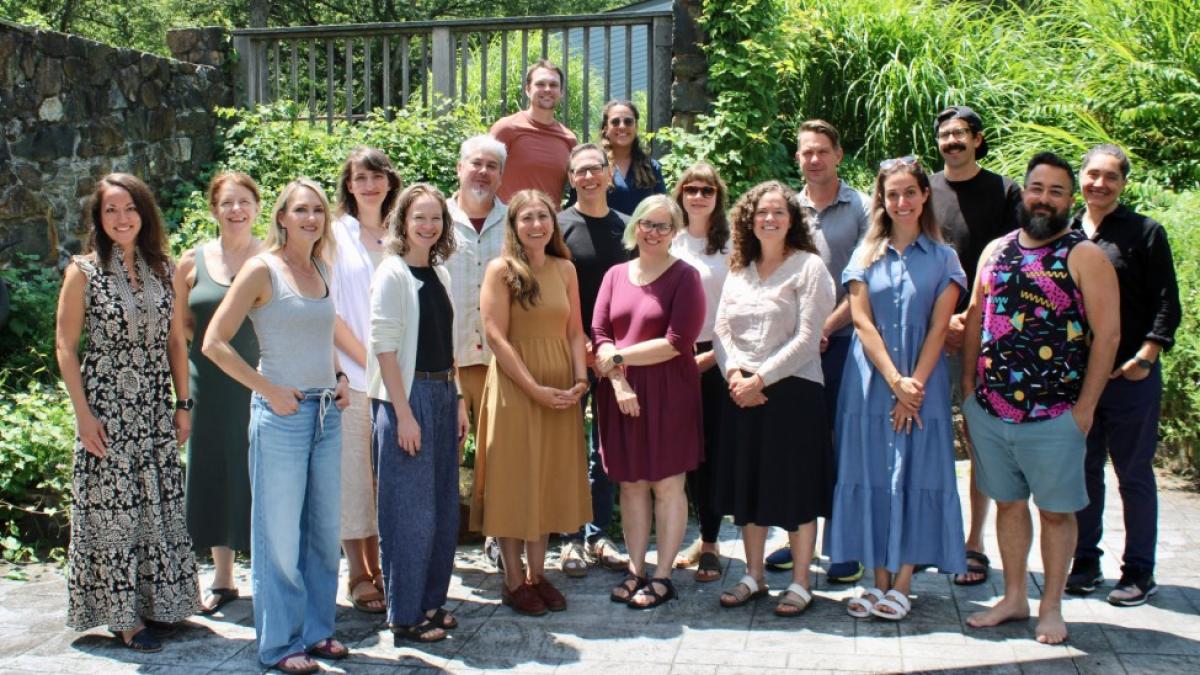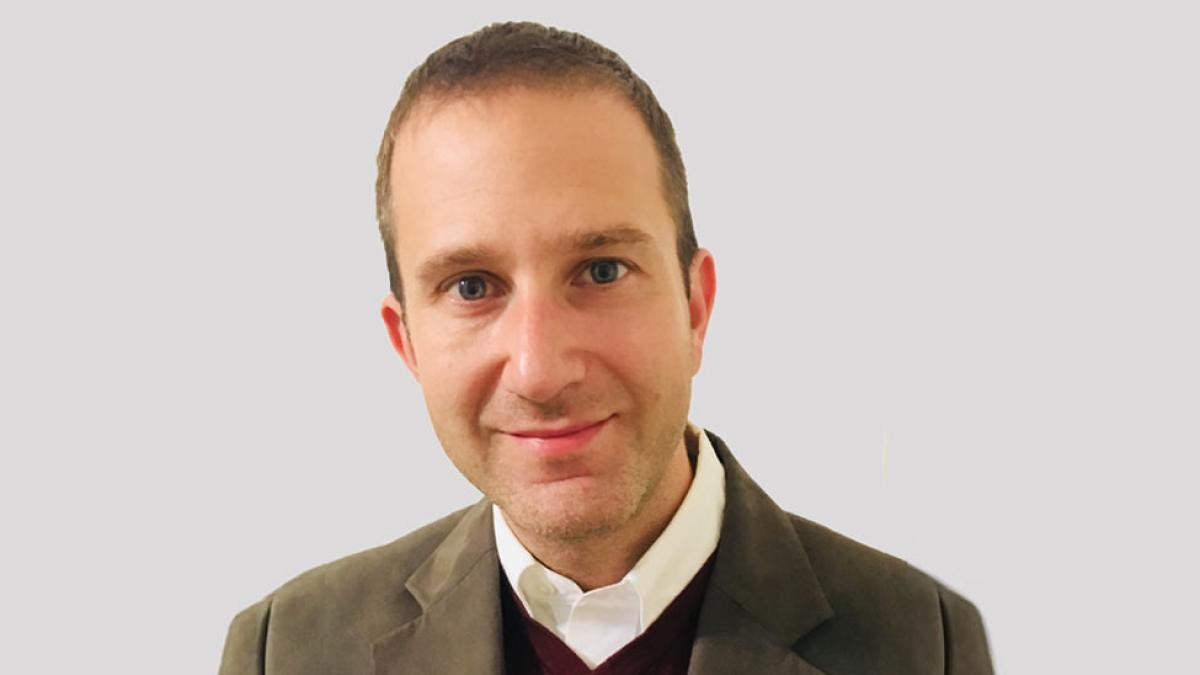Over the course of three days, the Environmental Law Collaborative (ELC) convened in Briarcliff Manor, New York to discuss “Blue Sky Thinking in a Red Sky World.” The ELC comprises a rotating group of law professors who assemble every other year to think, discuss, and write on an important and intriguing theme in environmental law. This year, the group focused on how to think optimistically and proactively about environmental protection when so much is going so quickly in the opposite direction.
Legal Professional Privilege in a Digital World: A Comparative Analysis
In her article, “Legal Professional Privilege in a Digital World: A Comparative Analysis,” published in Volume 15 of the British Journal of American Legal Studies(Spring 2025), Pace Haub Law Professor Lissa Griffin and co-author Dan Jasinski explore the evolving challenges to legal professional privilege in an increasingly digitized criminal justice system.
Focusing on the United States and England & Wales, the article analyzes how the routine use of technology—email, cloud storage, mobile devices—introduces new vulnerabilities in client-lawyer confidentiality. The authors examine the risks of interception, device searches, and the erosion of traditional protections, arguing for heightened awareness among practitioners and a rethinking of judicial and legislative approaches to digital-era privilege
“Increased digitalisation of a lawyer's routine tasks poses increased risks to their client's interests,” they write, calling on courts and lawmakers to preserve the core principles of adversarial justice by protecting this foundational ethical duty.


